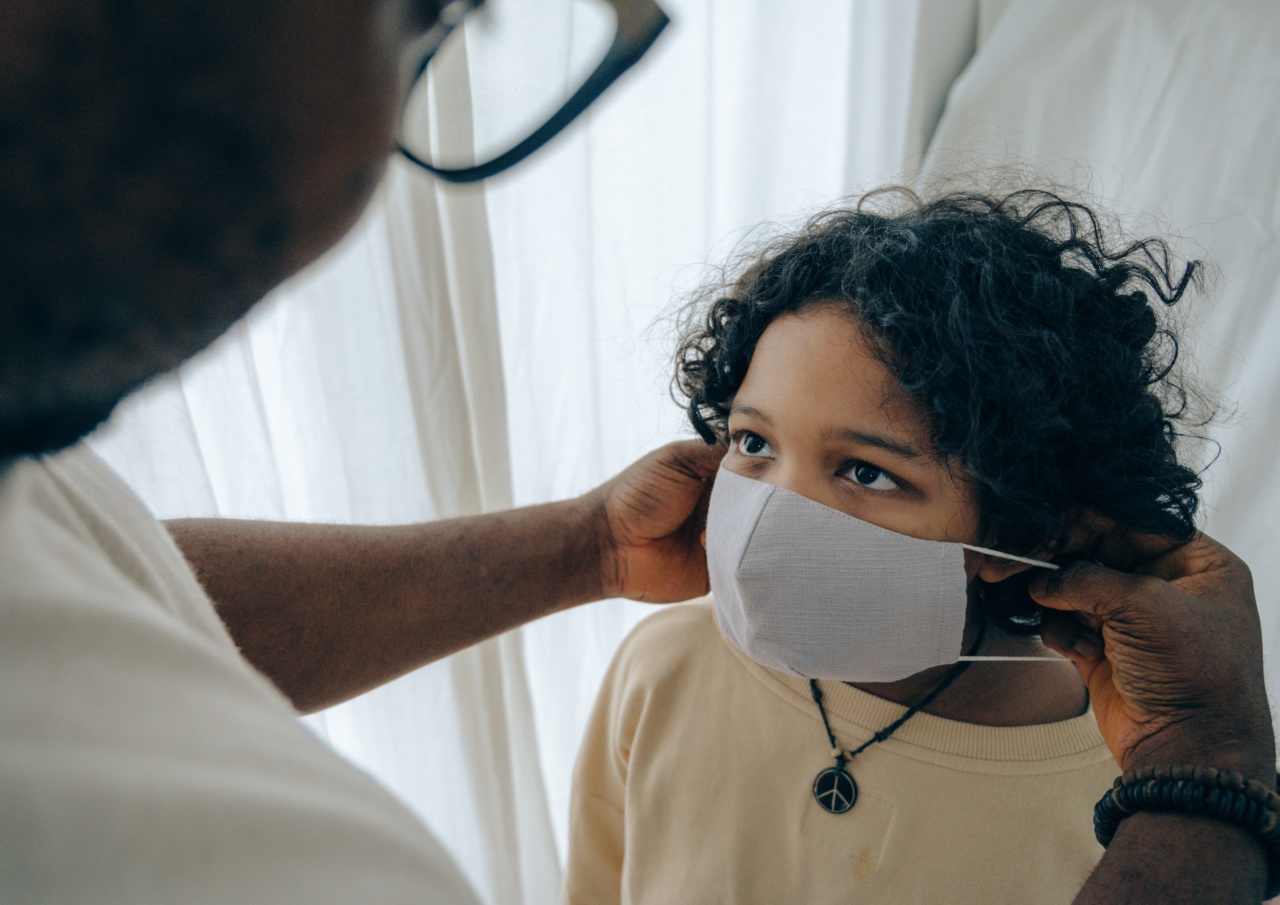Summer is a time for fun in the sun, and for many, this includes swimming in the ocean or a pool. While swimming can be enjoyable, it can also lead to painful ear infections.
In this article, we will discuss how to prevent and treat beach ear infections, also known as swimmer’s ear.
What is a Beach Ear Infection?
A beach ear infection, or otitis externa, is an infection of the outer ear canal that can be caused by excessive moisture in the ear.
This moisture can come from swimming or sweating and creates a moist environment that promotes the growth of bacteria or fungi.
Symptoms of a Beach Ear Infection
The symptoms of a beach ear infection may include:.
- Ear pain, which can be severe
- Itchiness in or around the ear
- Redness and swelling in the outer ear or ear canal
- Drainage from the ear
- Difficulty hearing
If you are experiencing any of these symptoms, it is important to seek medical attention.
How to Prevent a Beach Ear Infection
Preventing a beach ear infection is key to avoiding the pain and discomfort that they can cause. Here are some tips to prevent a beach ear infection:.
- Keep your ears dry: After swimming or showering, gently dry your ears with a towel or use a blow dryer on low heat. Tilt your head to the side to allow any water to drain out of your ear canal.
- Use earplugs: If you know you are prone to beach ear infections, consider using earplugs when swimming or showering. They will help keep water out of your ears.
- Avoid inserting foreign objects into your ears: This can push wax or bacteria further into your ear canal, increasing your risk of infection.
- Don’t use cotton swabs: Using cotton swabs can irritate your ear canal and lead to a beach ear infection.
- Limit the amount of time spent in the water: The longer you are in the water, the more likely it is that moisture will accumulate in your ear canal.
- Take breaks: If you are swimming or participating in water sports, take breaks every so often to let your ears dry out.
How to Treat a Beach Ear Infection
If you have developed a beach ear infection, there are several treatment options available:.
- Antibiotics: Antibiotics may be prescribed if the infection is bacterial. They may be in the form of drops, pills, or an ointment that is applied to the outer ear canal.
- Pain relievers: Over-the-counter pain relievers such as acetaminophen or ibuprofen can help relieve the pain associated with a beach ear infection.
- Fungal infection treatment: If the infection is fungal, your doctor may prescribe antifungal drops or ointment.
- Ear cleaning: In some cases, your doctor may need to clean out your ear to remove any debris or discharge.
It is important to follow your doctor’s instructions and complete the full course of treatment, even if you start to feel better before the medication is finished.
When to See a Doctor
If you suspect you have a beach ear infection, it is important to see a doctor. They can confirm the diagnosis and prescribe the appropriate treatment. Seek medical attention if:.
- You have severe pain or discomfort
- Your symptoms have lasted for more than a few days
- You have discharge from your ear
- You have a fever
Ignoring a beach ear infection can lead to complications, including hearing loss or a more serious infection.
Conclusion
Beach ear infections are a common and painful problem, but they can be prevented. By keeping your ears dry, using earplugs, and avoiding inserting foreign objects into your ear, you can greatly reduce your risk of infection.
If you do develop a beach ear infection, seek medical attention promptly to prevent complications and start treatment.




























